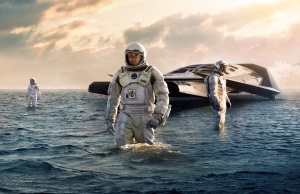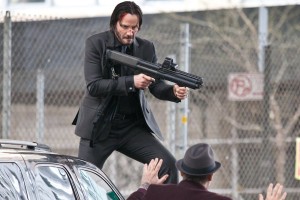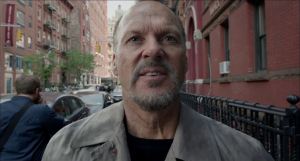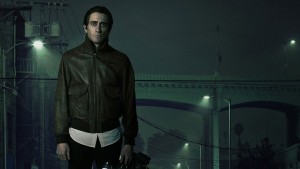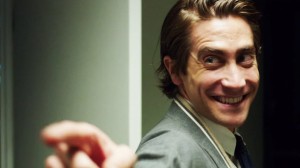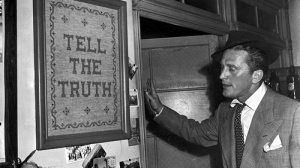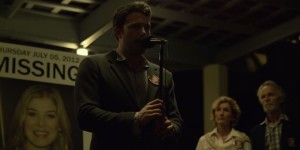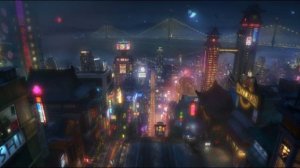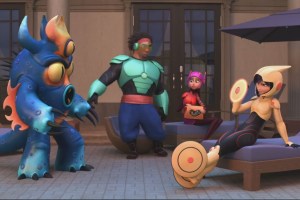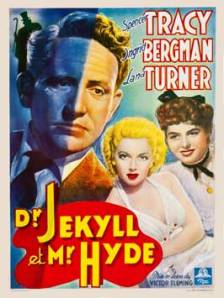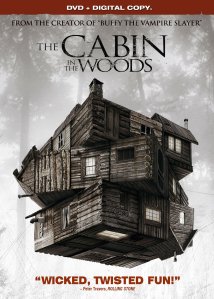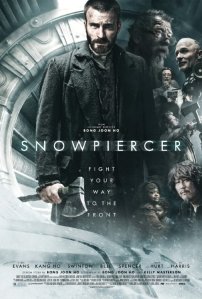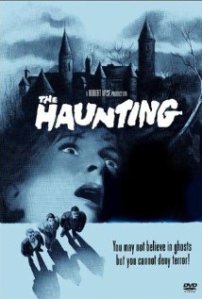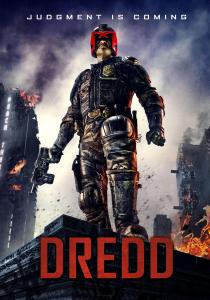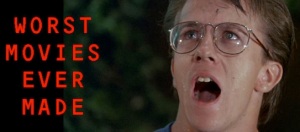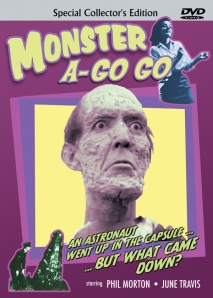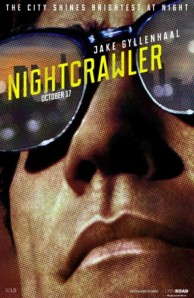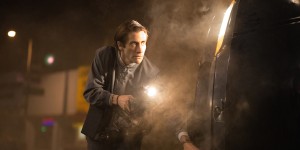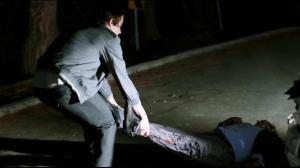
Kirk or Picard? One of the age-old internet debates. Star Trek or Star Wars? Goku or Superman? Classic Pepsi or Crystal Pepsi?
Okay, maybe not that last one but my point still stands.
When it comes to large fandoms with several different iterations, there are going to be hardcore fans who have many differing points of view and opinions. One such franchise is Star Trek, as we observe how the human race grows and evolves in outer space.
What sets Star Trek apart from many other science-fiction shows and movies is that, rather than gigantic space battles or a vast range of alien worlds, the focus remains on our history, morals and values. It is in the most recognizable line of the show: "...To explore strange new worlds. To seek out new life forms and new civilizations. To boldly go where no man has gone before."

Humans have reached the stars and beyond. How does that affect us and where do we go from here? That is what Star Trek and its spin-off shows are out to discover. Some chose to be more about the human condition and the difficult choices one must make in a crisis, like "Star Trek: Deep Space Nine," while others dance around the hard choices and avoid conflict altogether, such as "Star Trek: Voyager."
And others cannot make up their minds on what they want to be. I'm looking at you "Enterprise."
But the best that Star Trek has to offer remains the first two series, "Star Trek: The Original Series" and "Star Trek: The Next Generation." The voyages of the starship Enterprise continue to captivate audiences to this day, and this is due in large part to the leaders of these vessels: Captain James T. Kirk and Captain Jean-Luc Picard.
Naturally, this has led to a question that will continue as long as Star Trek is relevant: Which of these two is the better captain?
For the sake of argument, let's expand the question and say which captain would lead the better ship? Who would you rather serve under? Also for the argument, we'll ignore the one time these two met in "Star Trek: Generations," because if we went solely by that, there would be no need for an argument - Kirk would be superior in every way. Besides, that movie sucks anyway.

Let's start by looking at the defining characteristics of both captains. Kirk is bold, cocky but can back it up, is not afraid to think outside the box and only plays by his own rules. In "The Doomsday Machine," Kirk was willing to ram the spaceship he was in down the throat of a gigantic planet killer and only rely on the transporter to get him out, even though everyone else said that is a huge gamble that would not pay off.
Kirk is willing to teach cadets about the no-win scenario, a situation that every captain must face, where no matter how hard you try, there is no way to live. Because how we deal with death, is just as important as how we deal with life. Yet, Kirk himself does not believe in the no-win scenario. He never really faced death, merely cheated it instead (at least until "Star Trek II: The Wrath of Khan").

James T. Kirk is quite similar to Peter Pan, the boy who never grew up. Always with an optimistic and innocent look on the world, seeing the universe as one big playground. Even once Kirk was promoted to Admiral, who longed to back in the captain's chair. He took the promotion because he felt that exploring the universe was a job for the young. But over time, while he still believes that statement, he learns that means the young at heart. And Kirk feels young.
This is a man who would enter a fist fight with an intelligent buff lizard and end up making a wood cannon to come out victorious. This a man who would face a super computer bent on eradicating all life on earth, with nothing more than a few words, and it is the computer that blinks. This is Captain James T. Kirk.
Picard is a very different man. He is calm, calculating, observant, well-educated and out-spoken. He has a moral code that guides him, even if that code goes against his orders and the Prime Directive, the guiding principle of Starfleet that says we are not to interfere with the natural evolution of alien worlds. While Kirk also disregarded the Prime Directive, Kirk did it because it suited him. Picard does that because he feels it is the right thing to do. If millions of lives are on the line and an entire species could be wiped out, but the Prime Directive got in the way, you'd bet that Picard would not be afraid to violate his orders.
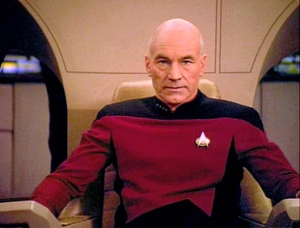
Picard values every life form, no matter who or what they might be. To him, everyone has just as much right to live the life they want to as much anyone else. It is also why he is always hesitant to use weapons on an enemy. Picard would always try to find a peaceful and logical solution to a confrontation, and only use weapons as a last resort. He would take is own life to protect his crew, but in a universe where crystalline entities exist, Picard would rather not destroy a creäture like that.
Part of his philosophy on life comes from his past, which we learn about in "Tapestry." As a cadet, Picard got in a bar fight with a group of tough aliens, with one of them stabbing him in the heart. For the rest of his life, he would have an artificial heart and learned the important lesson of seizing the moment. Because that moment will never come again. It led him to take control of a hostage situation, to take control of a starship when her captain was killed and lead the rest of the crew to safety and eventually to becoming captain of the Enterprise.
As Picard grew older, he wished that he did not get in that fight and then he wouldn't have an artificial heart. But when his omnipotent "friend" Q lets him see what his life would be like if that didn't happen, he finds that his life is terrible - working a dead-end job, with no passion, drive or imagination. That is not Jean-Luc Picard.
If Kirk is Peter Pan, then Picard is a knight of King Arthur. Dutiful, but still willing to disobey his orders for the greater good and always guided by his moral compass. Rather than fighting his way out, he would prefer to negotiate, yet never forgot about his sword. Above all else, Picard believes in honoring your fellow-man, even if that man happens to be tiny and green.
I think the major difference between Kirk and Picard is how they see the universe and what they want to do to it. To Kirk, the universe is an obstacle meant to be overcome. He wants to understand everything and stop anyone who gets in his way. Picard, however, sees the universe as an undiscovered country meant to be explored. He doesn't necessarily want to understand everything, but rather see that it has to offer.
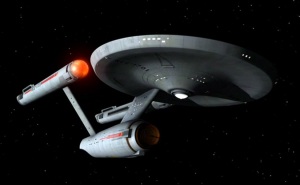
It is understandable to see why there is so much debate among fans with these captains. Both are confident figures with differing personalities and virtues that let them stand the test of time. If anything, Kirk and Picard's actions are more relevant today than they were back then.
So, who is the better captain? Who would I rather serve under?
Sisko. Because you don't mess with the Sisko or his goatee.


